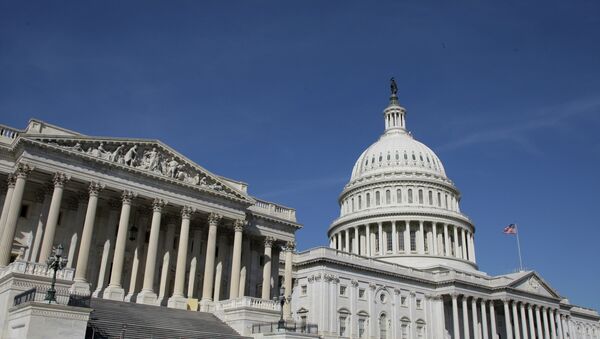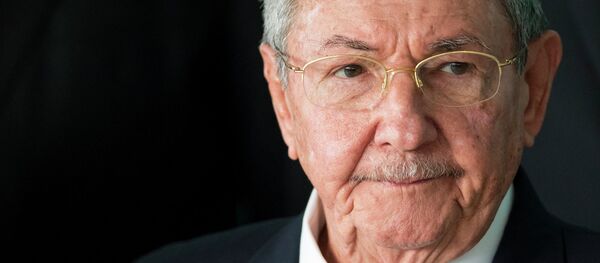“I don’t think the political climate in Congress right now is able to lift the embargo partly because it is controlled by the Republican party,” Jorge Duany, the director of the Cuban Research Institute at Florida International University told Sputnik.
“Most of the major congressional leaders from the Republican party, including Cuban American representatives, have expressed their intention to remain the embargo for the moment,” Duany added.
Obama announced Wednesday the United States would establish relations with Cuba after a more than 50 year hiatus. As part of the opening the United States will ease travel to Cuba for American citizens, open limited areas of trade, increase allowable remittances and ease restrictions on some financial translations, such as credit card use in Cuba.
Obama suggested he will work with Congress to end the embargo, but some members of Congress have suggested they can use their power to block a US-Cuba opening.
Paolo Spadoni, a professor at Georgia Regents University who has written on Cuba and the Congress, argues that there are certain changes Obama announced that Congress cannot undo.
Spadoni provided the example of direct banking and the expansion of people-to-people contacts, saying “Congress can’t do anything” on these changes announced by Obama.
Spadoni also said that while the Senate has the power to confirm ambassadorial nominees he does not believe they will turn down an ambassador.
However, Spadoni said the embargo is likely to stay so long as Congress remains opposed.
“If you look at Congress all the Cuban Americans there are against lifting the embargo,” Spadoni said, adding that increasingly supporters of the embargo in Congress do not reflect the Cuban American community’s changing view toward ending the isolation of Cuba.
According to Atlantic Council poll conducted early this year, 62 percent of US Hispanics supported changing US policy toward Cuba. Among Hispanics in the important electoral state of Florida, where the largest Cuban population lives, 63 percent said they favored a change in US policy toward Cuba.




